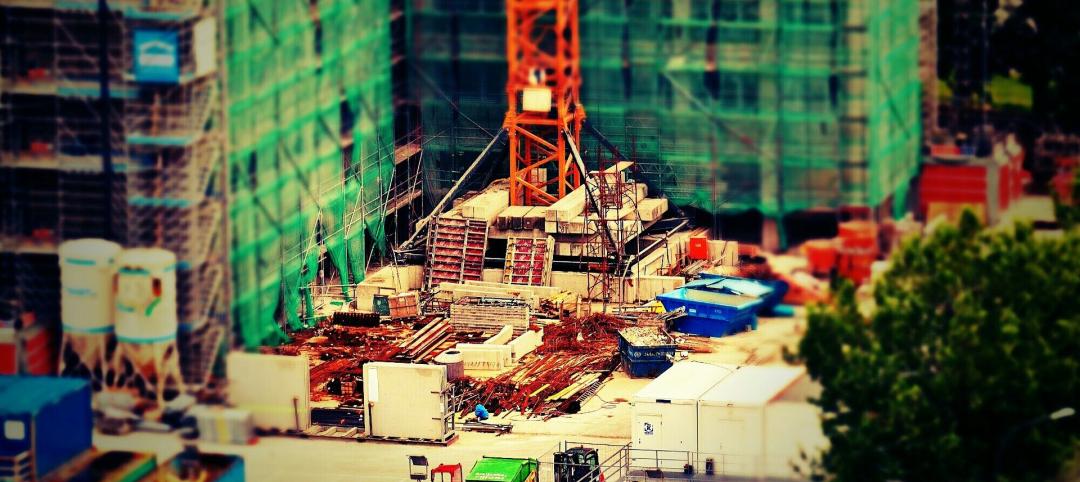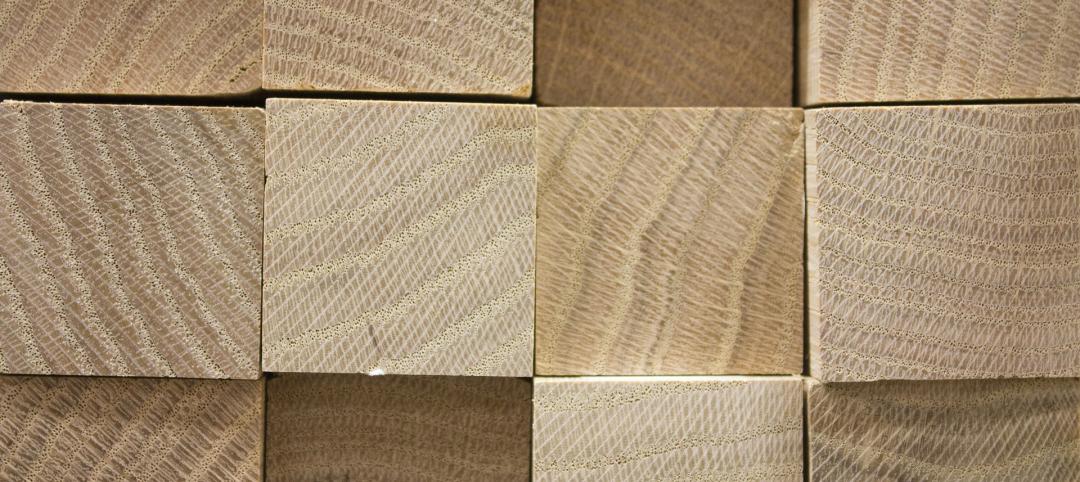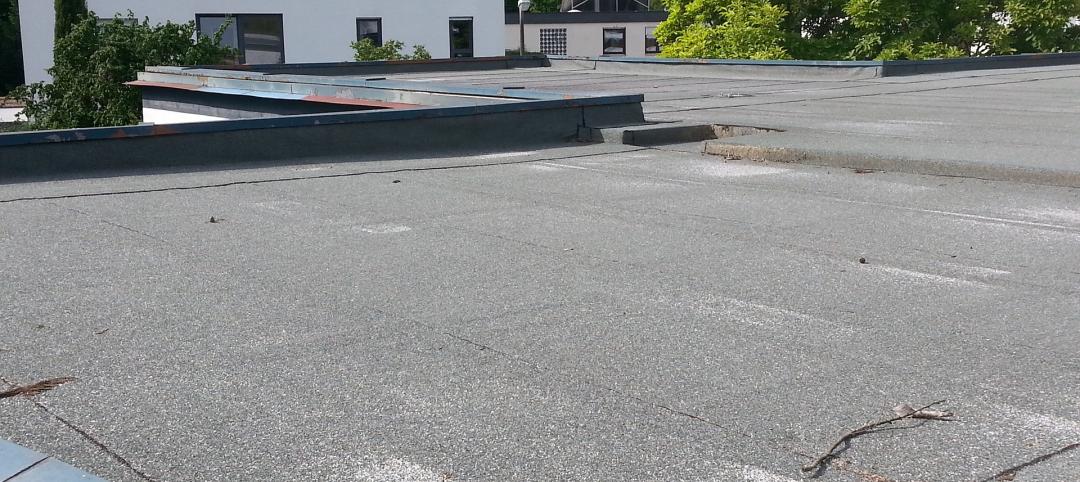Facility managers are increasingly looking to adopt the Internet of Things (IoT) in their building maintenance strategies, with 60% of professionals predicting that IoT will impact their building and maintenance policies within the next year, according to a survey by Schneider Electric.
Roughly two out of three respondents plan to increase investment in building capital expenses in 2016, including advanced building technologies. A few factors are hampering facility managers from taking full advantage of building data, the survey indicated. Seventy percent of facility managers said that their building management staff is very or extremely skilled in data analysis, but only 27% utilize data-driven analytics solutions for building management.
Key barriers to uptake include the amount of funding required (39% say that is a top concern), and a lack of internal resources available to interpret data into actionable results (31% report that as a top concern). Only 26% of respondents feel that available building information is totally adequate for facility maintenance planning. A majority of respondents cited room for improvement in this area, and only 15% said that they fully utilize predictive maintenance tools to proactively assess and target equipment maintenance.
“Facility professionals need to be able to better visualize what’s happening across their footprint and make educated decisions to correct and improve conditions,” said Brett Wheless, director of field services, Schneider Electric. “More than half of facility managers are still largely reactive when it comes to maintaining building systems, which can have major impacts on occupant comfort and can decrease the life of the building. We are now seeing a change in attitude among facility professionals that is driving them to think differently about the way they collect and assimilate building data.”
Related Stories
Government Buildings | May 10, 2024
New federal buildings must be all-electric by 2030
A new Biden Administration rule bans the use of fossil fuels in new federal buildings beginning in 2030. The announcement came despite longstanding opposition to the rule by the natural gas industry.
Codes and Standards | May 10, 2024
Specification for field testing newly installed storefronts, curtain walls, sloped glazing systems updated
The Fenestration and Glazing Industry Alliance (FGIA) updated a specification establishing requirements for field testing newly installed storefronts, curtain walls, and sloped glazing systems.
Codes and Standards | May 3, 2024
New York City considering bill to prevent building collapses
The New York City Council is considering a proposed law with the goal of preventing building collapses. The Billingsley Structural Integrity Act is a response to the collapse of 1915 Billingsley Terrace in the Bronx last December.
AEC Tech | Apr 30, 2024
Lack of organizational readiness is biggest hurdle to artificial intelligence adoption
Managers of companies in the industrial sector, including construction, have bought the hype of artificial intelligence (AI) as a transformative technology, but their organizations are not ready to realize its promise, according to research from IFS, a global cloud enterprise software company. An IFS survey of 1,700 senior decision-makers found that 84% of executives anticipate massive organizational benefits from AI.
Codes and Standards | Apr 30, 2024
Updated document details methods of testing fenestration for exterior walls
The Fenestration and Glazing Industry Alliance (FGIA) updated a document serving a recommended practice for determining test methodology for laboratory and field testing of exterior wall systems. The document pertains to products covered by an AAMA standard such as curtain walls, storefronts, window walls, and sloped glazing. AAMA 501-24, Methods of Test for Exterior Walls was last updated in 2015.
MFPRO+ News | Apr 29, 2024
World’s largest 3D printer could create entire neighborhoods
The University of Maine recently unveiled the world’s largest 3D printer said to be able to create entire neighborhoods. The machine is four times larger than a preceding model that was first tested in 2019. The older model was used to create a 600 sf single-family home made of recyclable wood fiber and bio-resin materials.
Contractors | Apr 26, 2024
AGC releases decarbonization playbook to help assess, track, reduce GHG emissions
The Associated General Contractors of America released a new, first-of-its-kind, decarbonization playbook designed to help firms assess, track, and reduce greenhouse gas emissions on projects. The AGC Playbook on Decarbonization and Carbon Reporting in the Construction Industry is part of the association’s efforts to make sure construction firms play a leading role in crafting carbon-reduction measures for the industry.
Resiliency | Apr 22, 2024
Controversy erupts in Florida over how homes are being rebuilt after Hurricane Ian
The Federal Emergency Management Agency recently sent a letter to officials in Lee County, Florida alleging that hundreds of homes were rebuilt in violation of the agency’s rules following Hurricane Ian. The letter provoked a sharp backlash as homeowners struggle to rebuild following the devastating 2022 storm that destroyed a large swath of the county.
Mass Timber | Apr 22, 2024
British Columbia changing building code to allow mass timber structures of up to 18 stories
The Canadian Province of British Columbia is updating its building code to expand the use of mass timber in building construction. The code will allow for encapsulated mass-timber construction (EMTC) buildings as tall as 18 stories for residential and office buildings, an increase from the previous 12-story limit.
Standards | Apr 22, 2024
Design guide offers details on rain loads and ponding on roofs
The American Institute of Steel Construction and the Steel Joist Institute recently released a comprehensive roof design guide addressing rain loads and ponding. Design Guide 40, Rain Loads and Ponding provides guidance for designing roof systems to avoid or resist water accumulation and any resulting instability.

















